To help the students be on their best behavior, we need to stop relying so much on punishment and find better ways to guide them.
Photo: Bigstock.
Detention, suspensión, expulsion; we all know the harshest measures to maintain the discipline in the classroom, but how effective are they? Do they really work? These punishments are a direct reaction or consequence of a student’s bad behavior. They do not create an understanding of why a student acted in a determined manner, but they can create resentment and hurt their relationship with teachers instead.
Dr. Ruth Payne, a lecturer at the University of Leeds and former teacher, designed a survey for children between 11 and 16 years old, to record their answer to the traditional punishment and reward mechanics at school.
Her findings show an ample range of reaction to the most used strategies to regulate behavior. The research data revealed that actions like asking students to be quiet might hurt the chances of them actively participating in class, punishments like detention, taking away recess or even suspension was counterproductive in the effort to keep them interested in their own education.
When it comes to rewards, results were also underwhelming. Commending students for good behavior, give them stamps or some other kind of proof of good conduct may seem like a good idea at first, but it can lead to influence the way they understand behavior itself; as a path to a reward and not the right thing to do for themselves and others. This would impact their social and emotional learning negatively in the long run.
All these methods, as said before, have something in common, they deal with the symptoms of bad behavior, not the mechanisms that trigger them. Other options that take into consideration mindfulness and the roots of students adverse reaction are some of the most successful.
1. Meditation
The purpose of meditation is to control the two most common triggers for students bad behavior: disruptive emotion and stress. Some studies talk about the power of meditation not only for keeping students centered and calm but also to help with their memory and focus.
Robert W. Coleman Elementary School launched a meditation program as an alternative to detention. As a result, the number of suspensions lowered to zero, and school attendance improved significantly.
2. Workshops & Essays
Workshops are excellent thinking exercises; they help students to identify and work on the reasons for their bad behavior.
The big difference between a workshop and attention is that the main purpose of the former is to punish while the latter is aimed to grant the students with new knowledge about themselves.
Through workshops a student can be guided into thinking about their personal growth and how to achieve it, they can take place between classes, lunch time, break time or take up a little bit of the recess time.
Another useful tool that can be a continuation of the workshops are the essays. Teachers or school psychologists can ask students to write texts to find out and analyze what is motivating their behavior. In some cases, essays can even work better than workshops, since there are students that learn better by individual experience than in a group.
3. Having a better support system at the school
To reduce the use of punishment and favor of other strategies that focus on social and emotional learning, it’s imperative to have a sound system of support workers at schools.
Schools need an organized effort that takes into consideration professionals like psychologists, coaches, advisors, directors, as well as teachers and parents, to help students learn the most important subject that does not have a class in the schedule: social and emotional learning.
Traditional schools have been focusing heavily on academic knowledge, leaving students on their own to figure out how to attain social and emotional learning through interaction with peers regulated by the school rules and the teacher. This strategy is incomplete, and we can see its weak points through the way preventable conflict and bad behavior in the classroom keeps repeating itself.
Learning to regulate our behavior through self-knowledge, auto-analysis, and effective communication is not a skill we can teach students relying only on the academic aspect of education. This ability falls entirely into the human side, and it needs to be integrated into the way we teach to stop using punishment as the primary method to help build students’ concept of behavior.
This article from Observatory of the Institute for the Future of Education may be shared under the terms of the license CC BY-NC-SA 4.0 
)
)
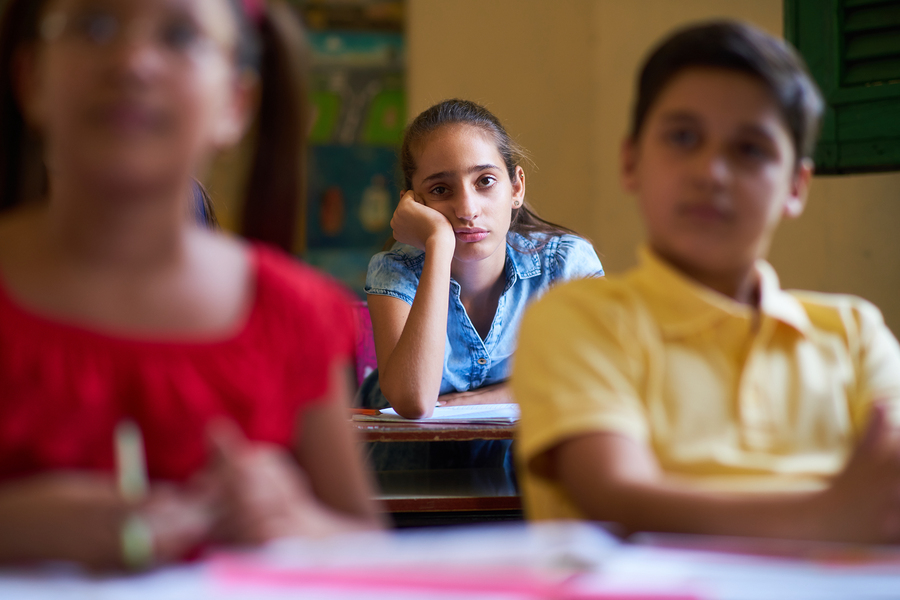
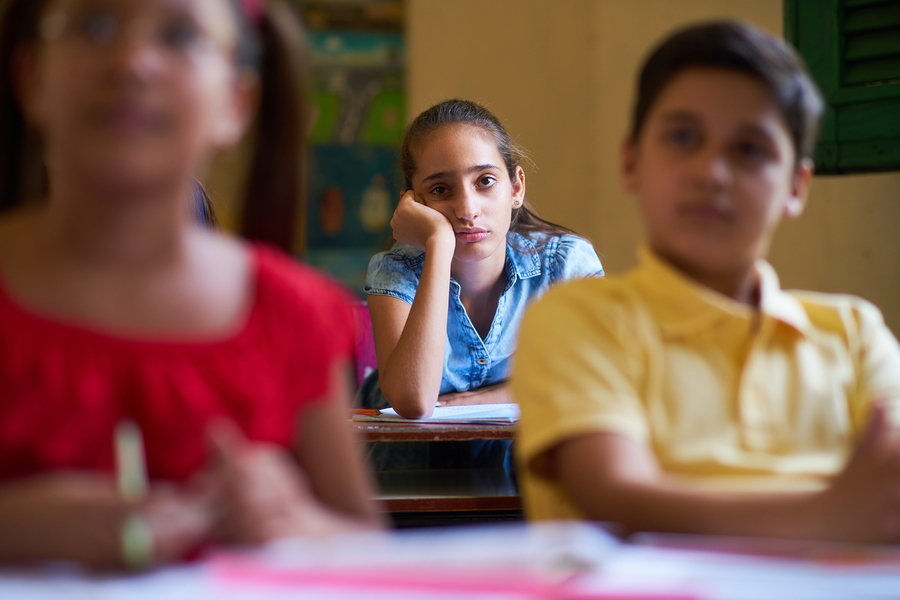
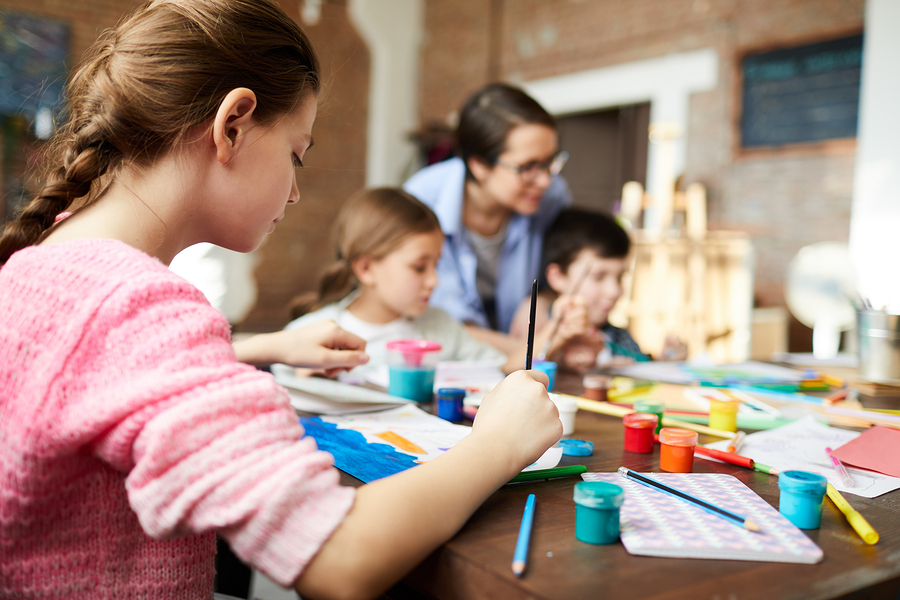
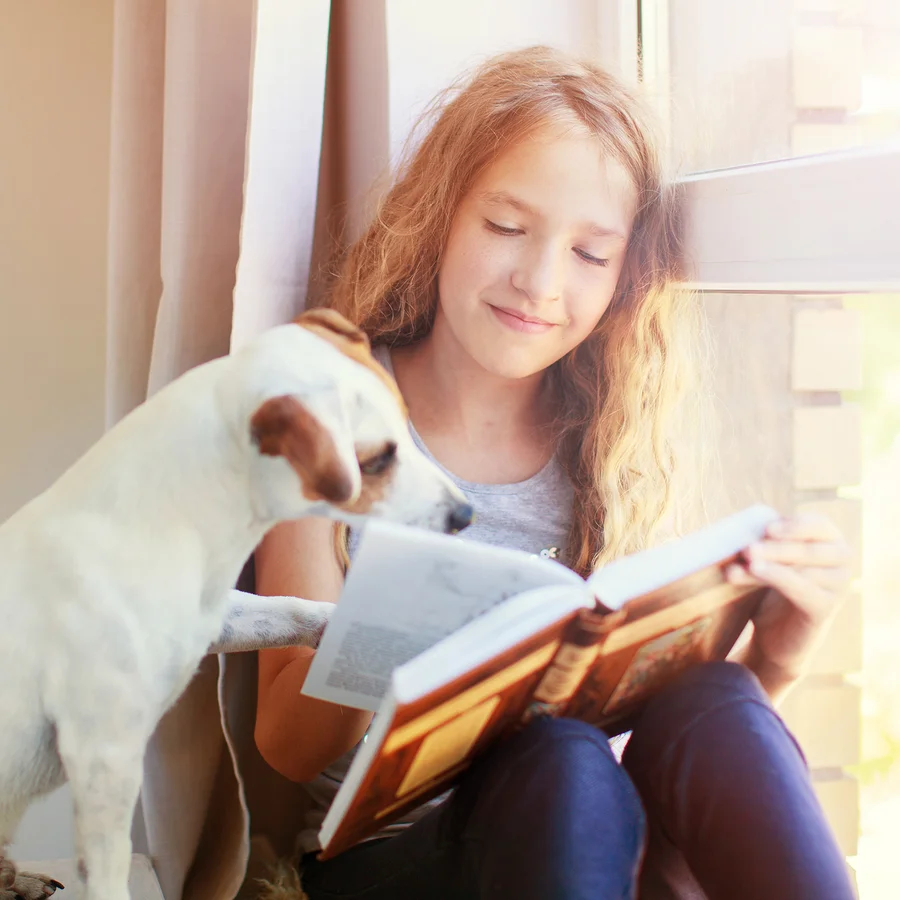
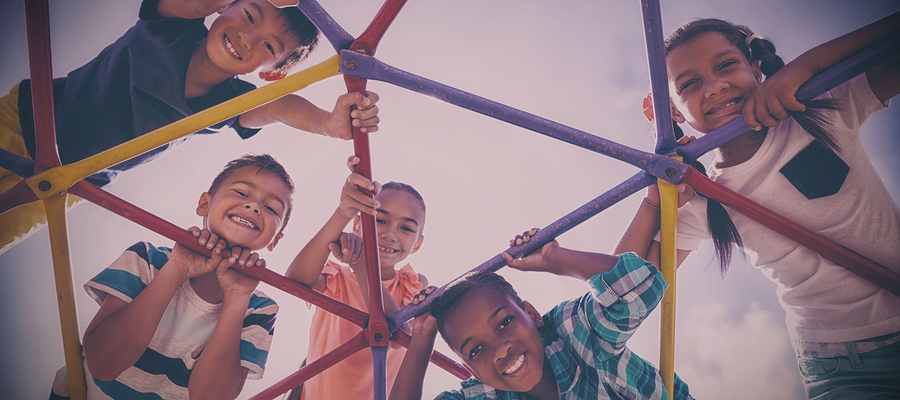

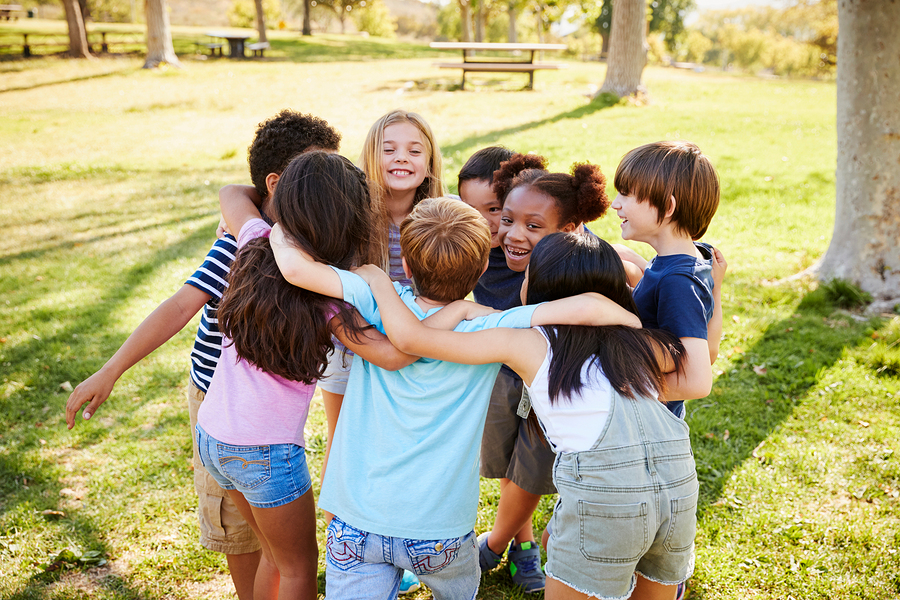
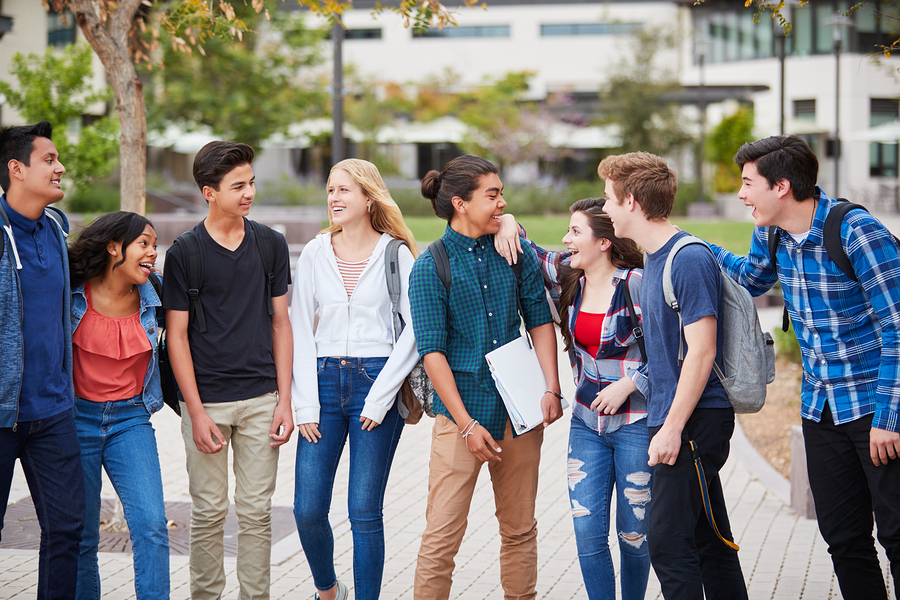

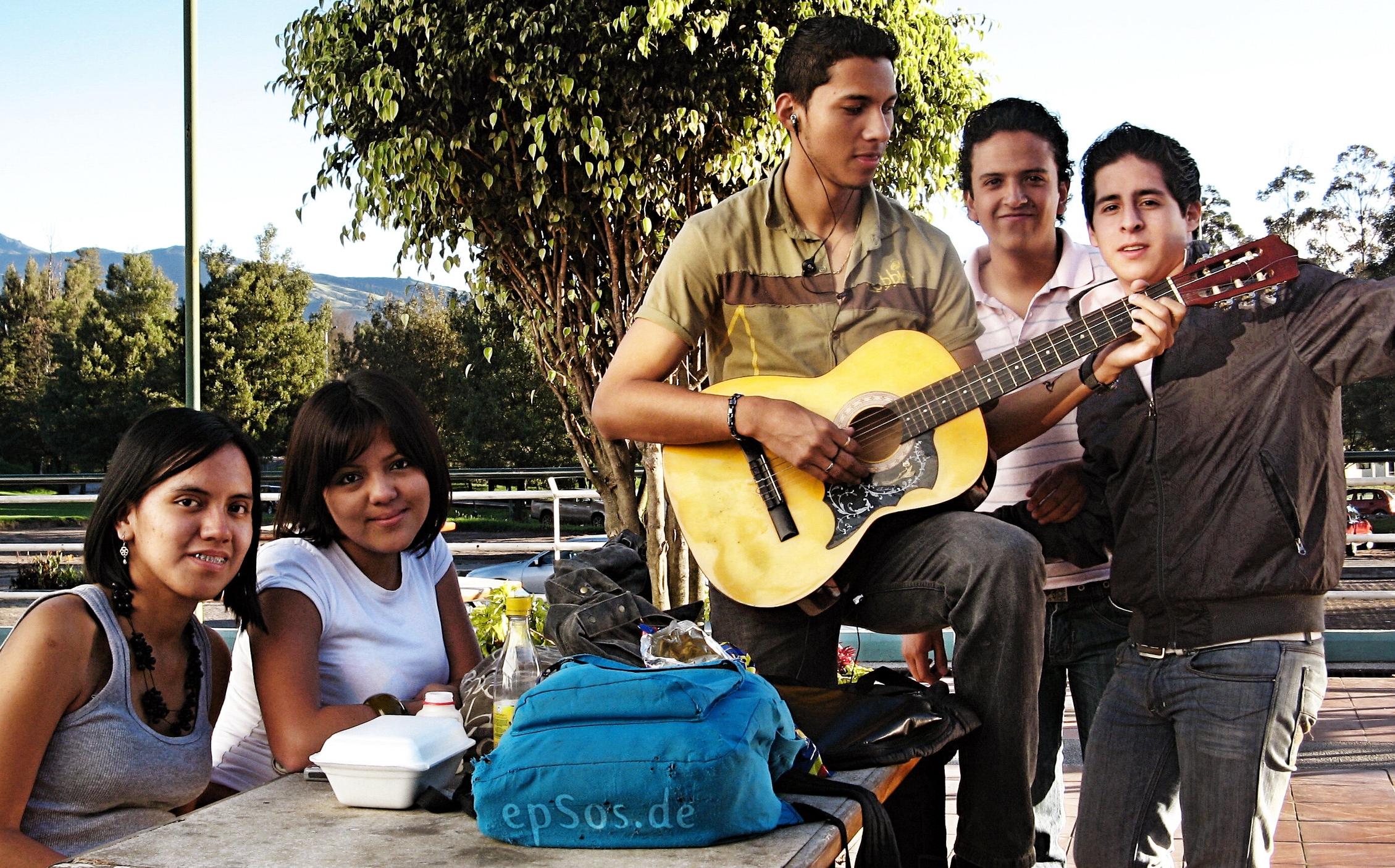
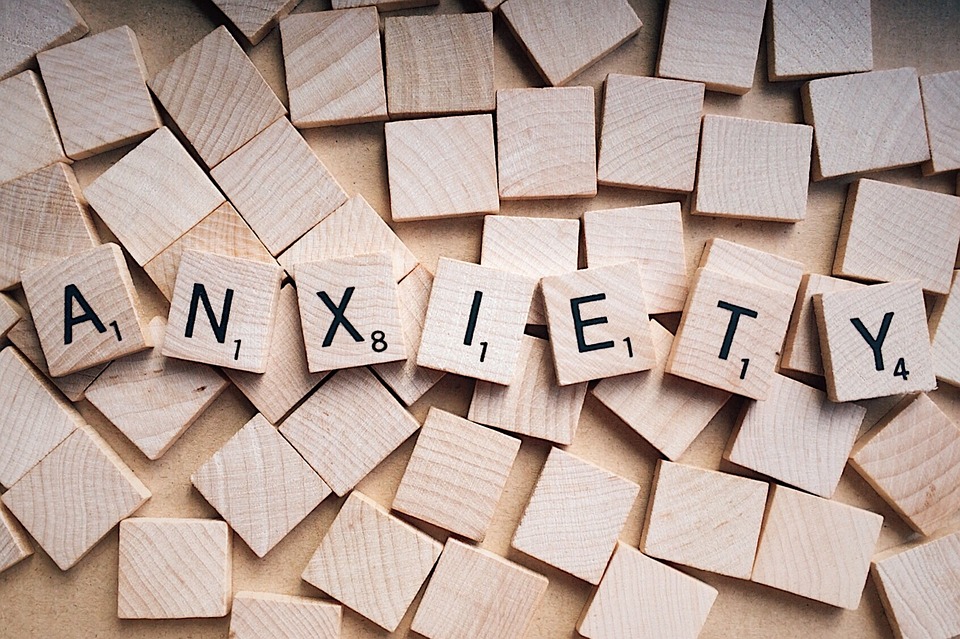
)
Paulette Delgado
Paulette Delgado
Paulette Delgado